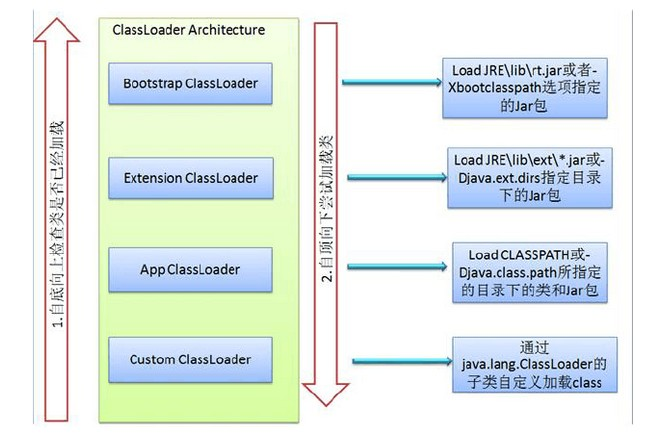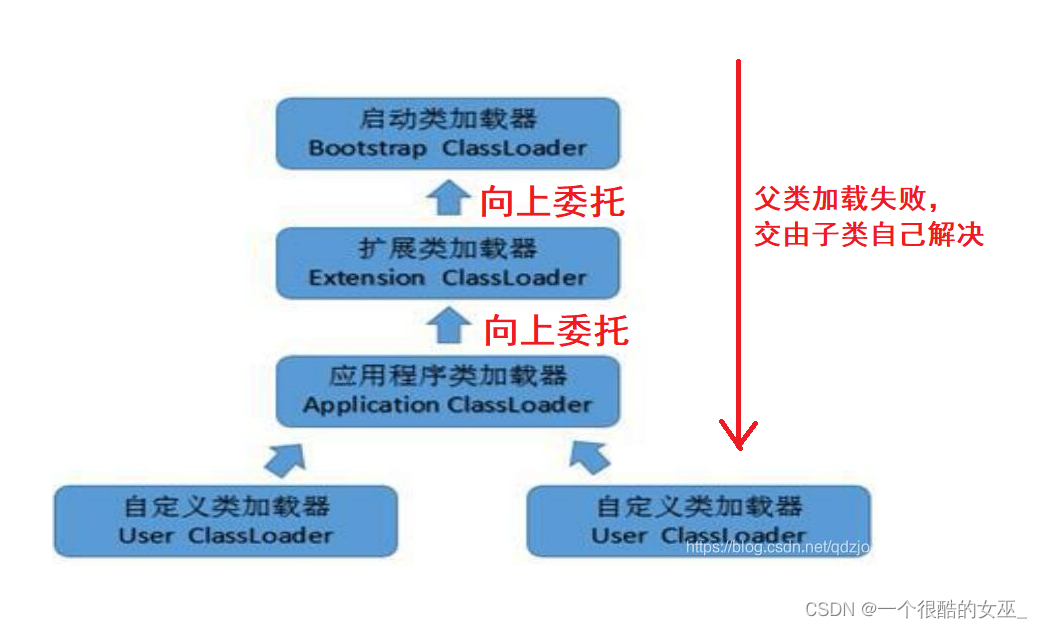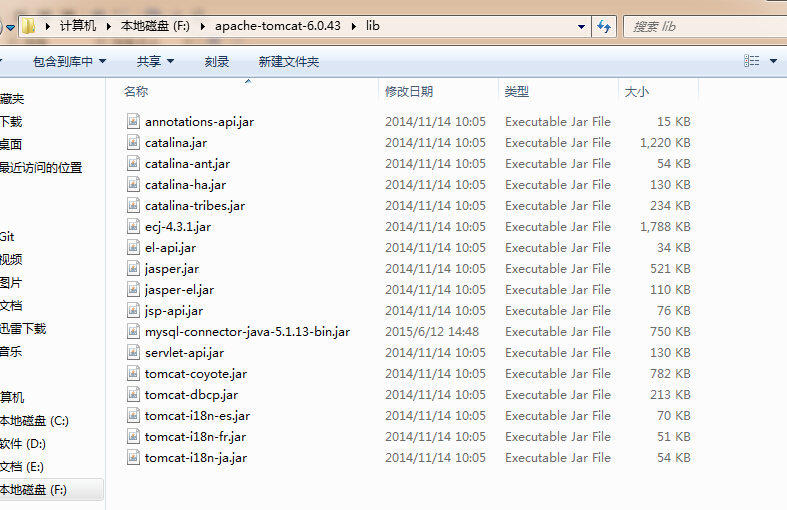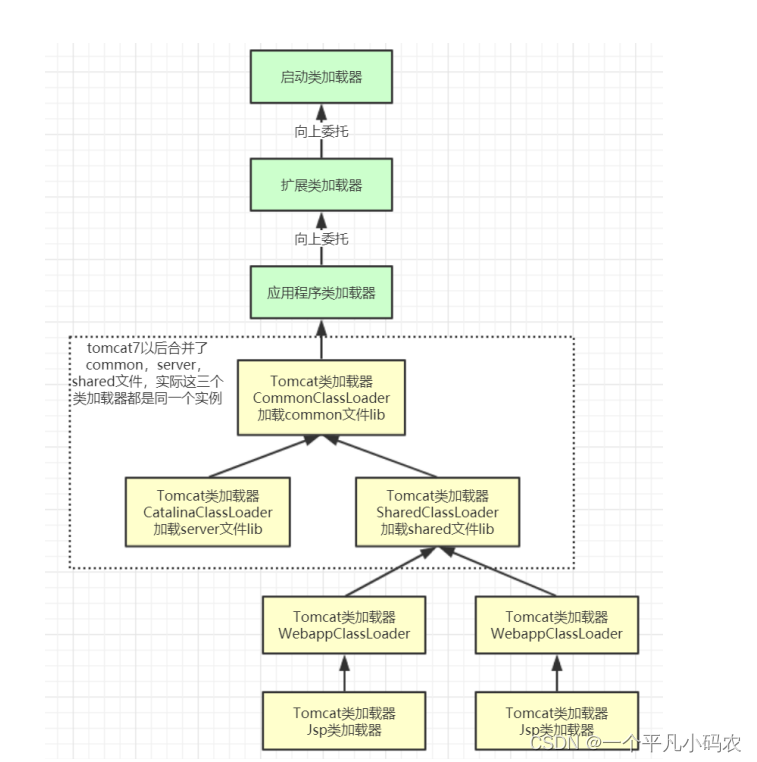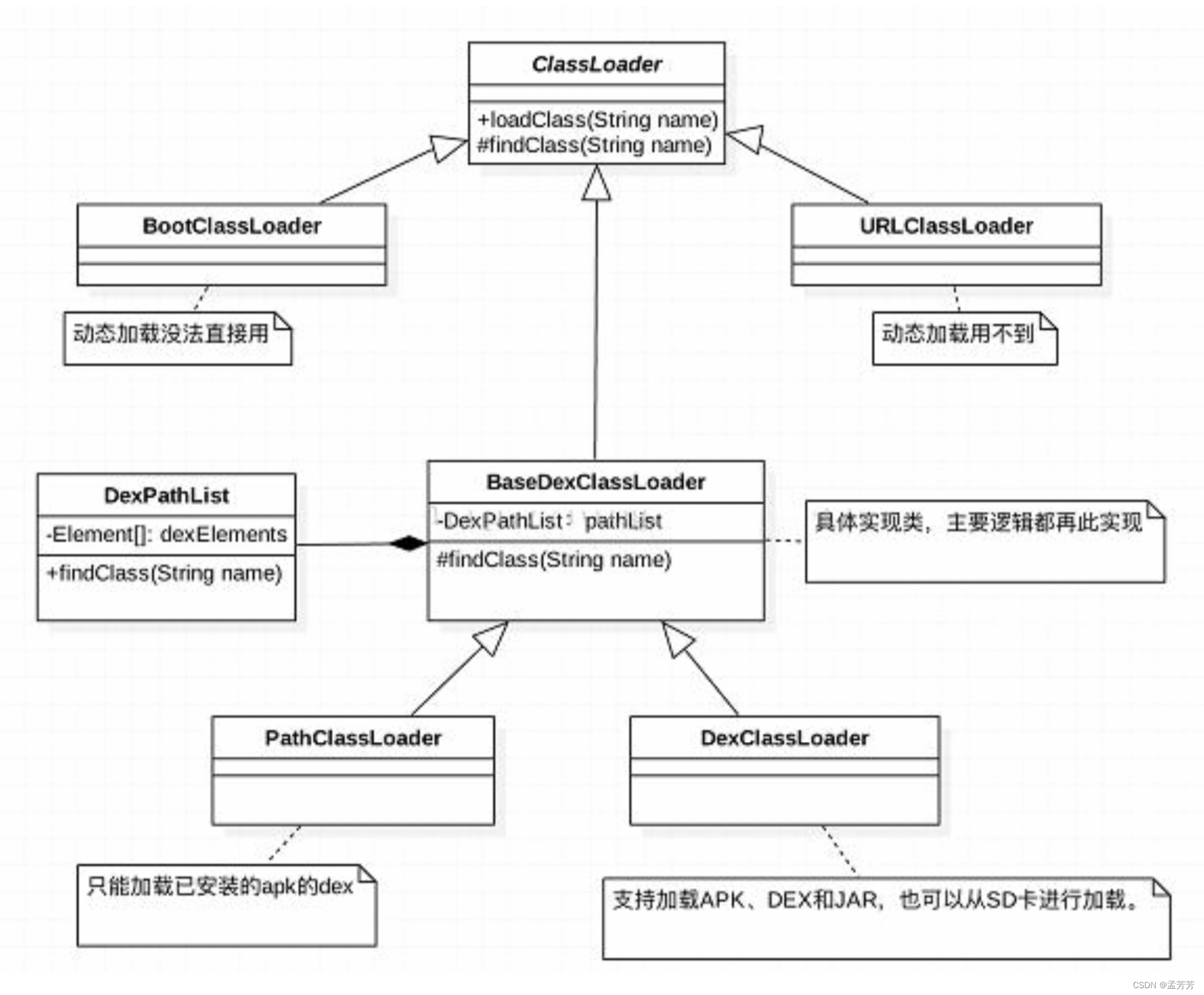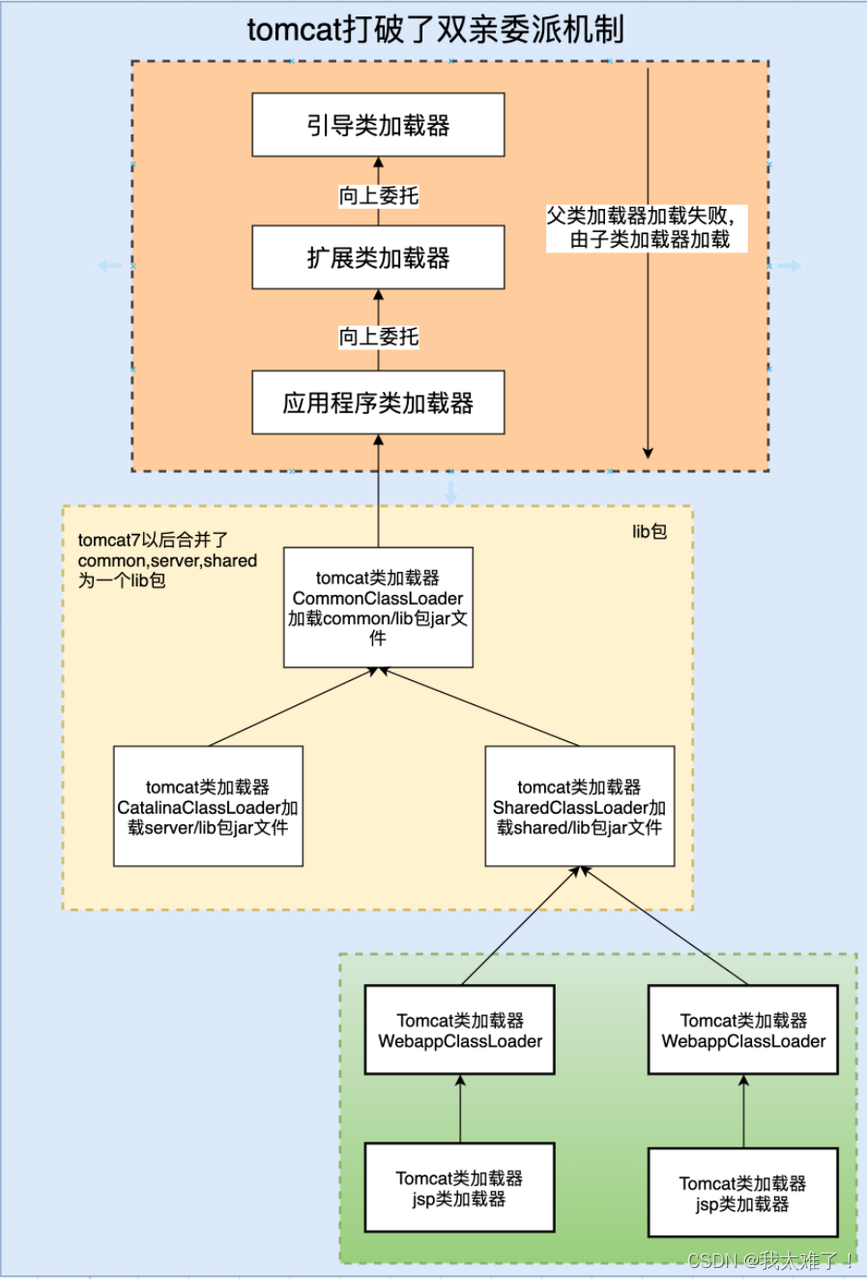一、条件随机场
首先,我们看一下条件随机场的定义:在给定一组输入序列的条件下,另一组输出序列的条件概率分布模型。设X=和Y=
是联合随机变量,若随机变量Y构成一个无向图G=(V,E)表示的马尔科夫模型,则其条件概率分布P(Y|X)称为条件随机场,即
其中,表示图G=(V,E)中与节点v有边连接的所有节点,
表示结点v以外的所有节点。在实际命名实体识别应用中,X是字符,Y是标签。
二、线性链条件随机场

如图,我们假设X与Y具有相同的结构,X=,Y=
,均为线性链表示的随机变量序列,若在给定的随机变量序列X的条件下,随机变量序列Y的条件概率分布P(Y|X)构成条件随机场,且满足马尔科夫性:
则称P(Y|X)为线性链的条件随机场。
与HMM相比,HMM是一个有向图,线性链CRF是一个无向图;HMM只考虑当前状态的上一个状态,线性链CRF依赖于当前状态的周围结点状态。
线性链CRF应用到命名实体识别就是在大量可选标注序列中,找出最靠谱的作为句子的标注。我们需要定义一个特征函数集合,用这个特征集合为标注序列打分,根据分数高低选择最靠谱的标注序列。
CRF有两种特征函数,分别是转移函数和状态函数
:
1)转移函数依赖于当前和前一个位置,表示从标注序列中位置i-1的标记
转移到位置i上的标记
的概率;
2)状态函数依赖当前位置,表示标记序列在位置i上为标记
的概率。通常特征函数取值1或0,表示符不符合该条规则约束,具体公式如下:
其中,Z(x)是规范化因子,和
是转移函数和状态函数对应的权值,目的是求
。求解类似于HMM,可用维特比算法。
三、CRF算法
这里以地名识别为例,使用CRF++工具来实现。
1)语料处理
CRF++的训练数据要求一定的格式,一般是一行一个token,一句话由多行token组成,多个句子之间用空行分开。其中每行又分为多列,最后一列是要预测的标签(B,M,E,S,O),前面几列是特征,这里我们采用字符这一个特征。例如:

2)特征模板设计
特征模板的基本格式为%x[row,col],用于确定输入数据的一个token,row确定与当前的token的相对行数,col用于确定决定列数。CRF++有两种模板类型:
- 以字母U开头,是 Unigram template,CRF++会自动为其生成一个特征函数集合;
- 以字母B开头,是Bigram template,系统会自动生成当前输出与前一个输出token的集合,根据该组合特征构造函数。
模型使用可参考:https://blog.csdn.net/u010626937/article/details/78414292
模型训练和测试完成后,可以使用以下代码输出准确率、召回率、F值等评估值。
import sys
import re
import codecs
from collections import defaultdict, namedtupleANY_SPACE = '<SPACE>'class FormatError(Exception):passMetrics = namedtuple('Metrics', 'tp fp fn prec rec fscore')class EvalCounts(object):def __init__(self):self.correct_chunk = 0 # number of correctly identified chunksself.correct_tags = 0 # number of correct chunk tagsself.found_correct = 0 # number of chunks in corpusself.found_guessed = 0 # number of identified chunksself.token_counter = 0 # token counter (ignores sentence breaks)# counts by typeself.t_correct_chunk = defaultdict(int)self.t_found_correct = defaultdict(int)self.t_found_guessed = defaultdict(int)def parse_args(argv):import argparseparser = argparse.ArgumentParser(description='evaluate tagging results using CoNLL criteria',formatter_class=argparse.ArgumentDefaultsHelpFormatter)arg = parser.add_argumentarg('-b', '--boundary', metavar='STR', default='-X-',help='sentence boundary')arg('-d', '--delimiter', metavar='CHAR', default=ANY_SPACE,help='character delimiting items in input')arg('-o', '--otag', metavar='CHAR', default='O',help='alternative outside tag')arg('file', nargs='?', default=None)return parser.parse_args(argv)def parse_tag(t):m = re.match(r'^([^-]*)-(.*)$', t)return m.groups() if m else (t, '')def evaluate(iterable, options=None):if options is None:options = parse_args([]) # use defaultscounts = EvalCounts()num_features = None # number of features per linein_correct = False # currently processed chunks is correct until nowlast_correct = 'O' # previous chunk tag in corpuslast_correct_type = '' # type of previously identified chunk taglast_guessed = 'O' # previously identified chunk taglast_guessed_type = '' # type of previous chunk tag in corpusfor line in iterable:line = line.rstrip('\r\n')if options.delimiter == ANY_SPACE:features = line.split()else:features = line.split(options.delimiter)if num_features is None:num_features = len(features)elif num_features != len(features) and len(features) != 0:raise FormatError('unexpected number of features: %d (%d)' %(len(features), num_features))if len(features) == 0 or features[0] == options.boundary:features = [options.boundary, 'O', 'O']if len(features) < 3:raise FormatError('unexpected number of features in line %s' % line)guessed, guessed_type = parse_tag(features.pop())correct, correct_type = parse_tag(features.pop())first_item = features.pop(0)if first_item == options.boundary:guessed = 'O'end_correct = end_of_chunk(last_correct, correct,last_correct_type, correct_type)end_guessed = end_of_chunk(last_guessed, guessed,last_guessed_type, guessed_type)start_correct = start_of_chunk(last_correct, correct,last_correct_type, correct_type)start_guessed = start_of_chunk(last_guessed, guessed,last_guessed_type, guessed_type)if in_correct:if (end_correct and end_guessed andlast_guessed_type == last_correct_type):in_correct = Falsecounts.correct_chunk += 1counts.t_correct_chunk[last_correct_type] += 1elif (end_correct != end_guessed or guessed_type != correct_type):in_correct = Falseif start_correct and start_guessed and guessed_type == correct_type:in_correct = Trueif start_correct:counts.found_correct += 1counts.t_found_correct[correct_type] += 1if start_guessed:counts.found_guessed += 1counts.t_found_guessed[guessed_type] += 1if first_item != options.boundary:if correct == guessed and guessed_type == correct_type:counts.correct_tags += 1counts.token_counter += 1last_guessed = guessedlast_correct = correctlast_guessed_type = guessed_typelast_correct_type = correct_typeif in_correct:counts.correct_chunk += 1counts.t_correct_chunk[last_correct_type] += 1return countsdef uniq(iterable):seen = set()return [i for i in iterable if not (i in seen or seen.add(i))]def calculate_metrics(correct, guessed, total):tp, fp, fn = correct, guessed-correct, total-correctp = 0 if tp + fp == 0 else 1.*tp / (tp + fp)r = 0 if tp + fn == 0 else 1.*tp / (tp + fn)f = 0 if p + r == 0 else 2 * p * r / (p + r)return Metrics(tp, fp, fn, p, r, f)def metrics(counts):c = countsoverall = calculate_metrics(c.correct_chunk, c.found_guessed, c.found_correct)by_type = {}for t in uniq(list(c.t_found_correct) + list(c.t_found_guessed)):by_type[t] = calculate_metrics(c.t_correct_chunk[t], c.t_found_guessed[t], c.t_found_correct[t])return overall, by_typedef report(counts, out=None):if out is None:out = sys.stdoutoverall, by_type = metrics(counts)c = countsout.write('processed %d tokens with %d phrases; ' %(c.token_counter, c.found_correct))out.write('found: %d phrases; correct: %d.\n' %(c.found_guessed, c.correct_chunk))if c.token_counter > 0:out.write('accuracy: %6.2f%%; ' %(100.*c.correct_tags/c.token_counter))out.write('precision: %6.2f%%; ' % (100.*overall.prec))out.write('recall: %6.2f%%; ' % (100.*overall.rec))out.write('FB1: %6.2f\n' % (100.*overall.fscore))for i, m in sorted(by_type.items()):out.write('%17s: ' % i)out.write('precision: %6.2f%%; ' % (100.*m.prec))out.write('recall: %6.2f%%; ' % (100.*m.rec))out.write('FB1: %6.2f %d\n' % (100.*m.fscore, c.t_found_guessed[i]))def report_notprint(counts, out=None):if out is None:out = sys.stdoutoverall, by_type = metrics(counts)c = countsfinal_report = []line = []line.append('processed %d tokens with %d phrases; ' %(c.token_counter, c.found_correct))line.append('found: %d phrases; correct: %d.\n' %(c.found_guessed, c.correct_chunk))final_report.append("".join(line))if c.token_counter > 0:line = []line.append('accuracy: %6.2f%%; ' %(100.*c.correct_tags/c.token_counter))line.append('precision: %6.2f%%; ' % (100.*overall.prec))line.append('recall: %6.2f%%; ' % (100.*overall.rec))line.append('FB1: %6.2f\n' % (100.*overall.fscore))final_report.append("".join(line))for i, m in sorted(by_type.items()):line = []line.append('%-17s:' % i)line.append('precision: %6.2f%%; ' % (100.*m.prec))line.append('recall: %6.2f%%; ' % (100.*m.rec))line.append('FB1: %6.2f %d\n' % (100.*m.fscore, c.t_found_guessed[i]))final_report.append("".join(line))return final_reportdef end_of_chunk(prev_tag, tag, prev_type, type_):# check if a chunk ended between the previous and current word# arguments: previous and current chunk tags, previous and current typeschunk_end = Falseif prev_tag == 'E': chunk_end = Trueif prev_tag == 'S': chunk_end = Trueif prev_tag == 'B' and tag == 'B': chunk_end = Trueif prev_tag == 'B' and tag == 'S': chunk_end = Trueif prev_tag == 'B' and tag == 'O': chunk_end = Trueif (prev_tag == 'I' or prev_tag == 'M') and tag == 'B': chunk_end = Trueif (prev_tag == 'I' or prev_tag == 'M') and tag == 'S': chunk_end = Trueif (prev_tag == 'I' or prev_tag == 'M') and tag == 'O': chunk_end = Trueif prev_tag != 'O' and prev_tag != '.' and prev_type != type_:chunk_end = True# these chunks are assumed to have length 1if prev_tag == ']': chunk_end = Trueif prev_tag == '[': chunk_end = Truereturn chunk_enddef start_of_chunk(prev_tag, tag, prev_type, type_):# check if a chunk started between the previous and current word# arguments: previous and current chunk tags, previous and current typeschunk_start = Falseif tag == 'B': chunk_start = Trueif tag == 'S': chunk_start = Trueif prev_tag == 'E' and tag == 'E': chunk_start = Trueif prev_tag == 'E' and (tag == 'I' or tag == 'M'): chunk_start = Trueif prev_tag == 'S' and tag == 'E': chunk_start = Trueif prev_tag == 'S' and (tag == 'I' or tag == 'M'): chunk_start = Trueif prev_tag == 'O' and tag == 'E': chunk_start = Trueif prev_tag == 'O' and (tag == 'I' or tag == 'M'): chunk_start = Trueif tag != 'O' and tag != '.' and prev_type != type_:chunk_start = True# these chunks are assumed to have length 1if tag == '[': chunk_start = Trueif tag == ']': chunk_start = Truereturn chunk_startdef return_report(input_file):with codecs.open(input_file, "r", "utf8") as f:counts = evaluate(f)return report_notprint(counts)def main(argv):args = parse_args(argv[1:])if args.file is None:counts = evaluate(sys.stdin, args)else:with open(args.file) as f:counts = evaluate(f, args)report(counts)if __name__ == '__main__':sys.exit(main(sys.argv))




